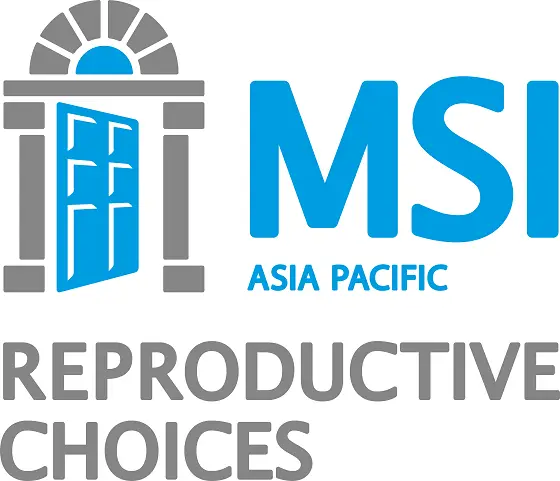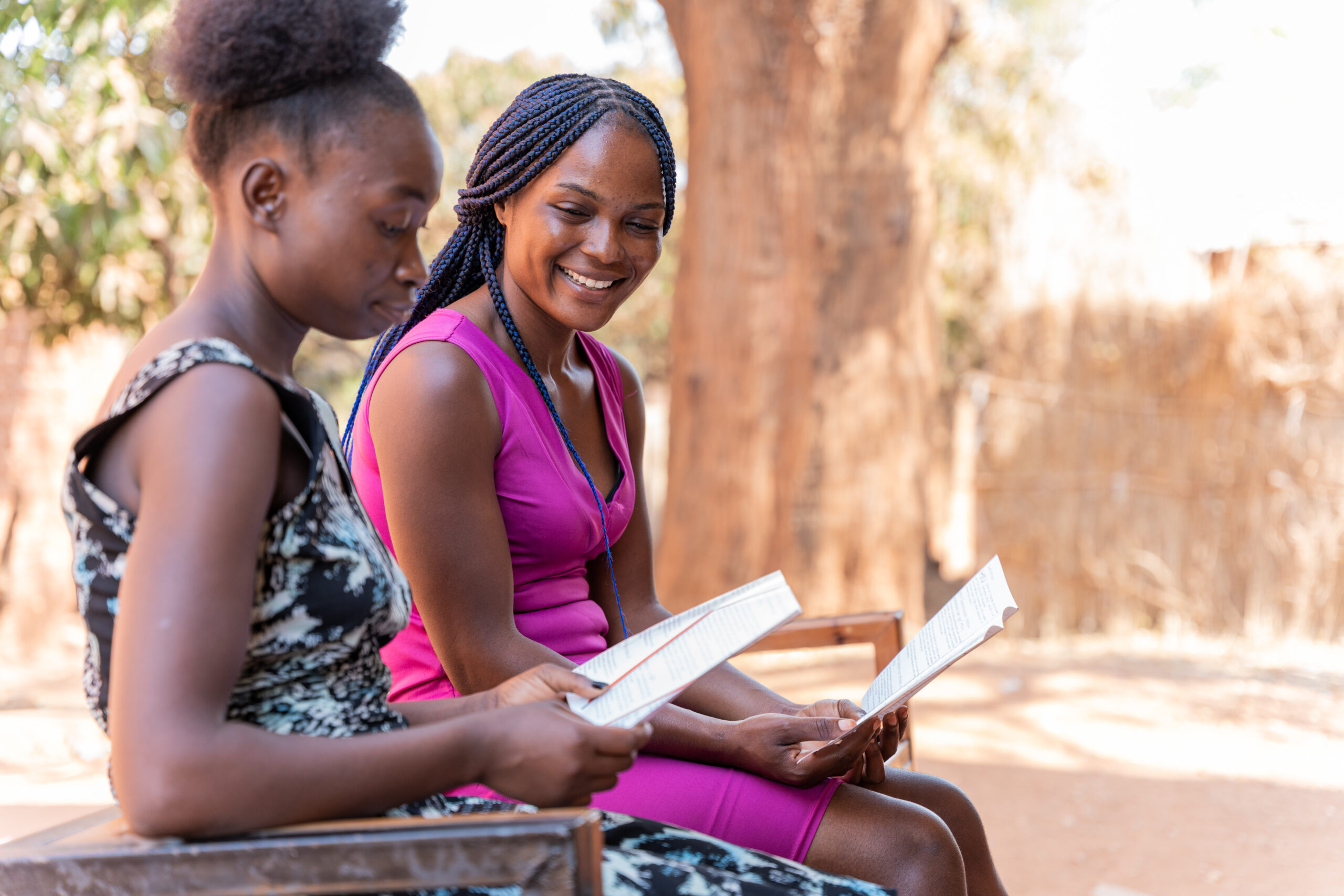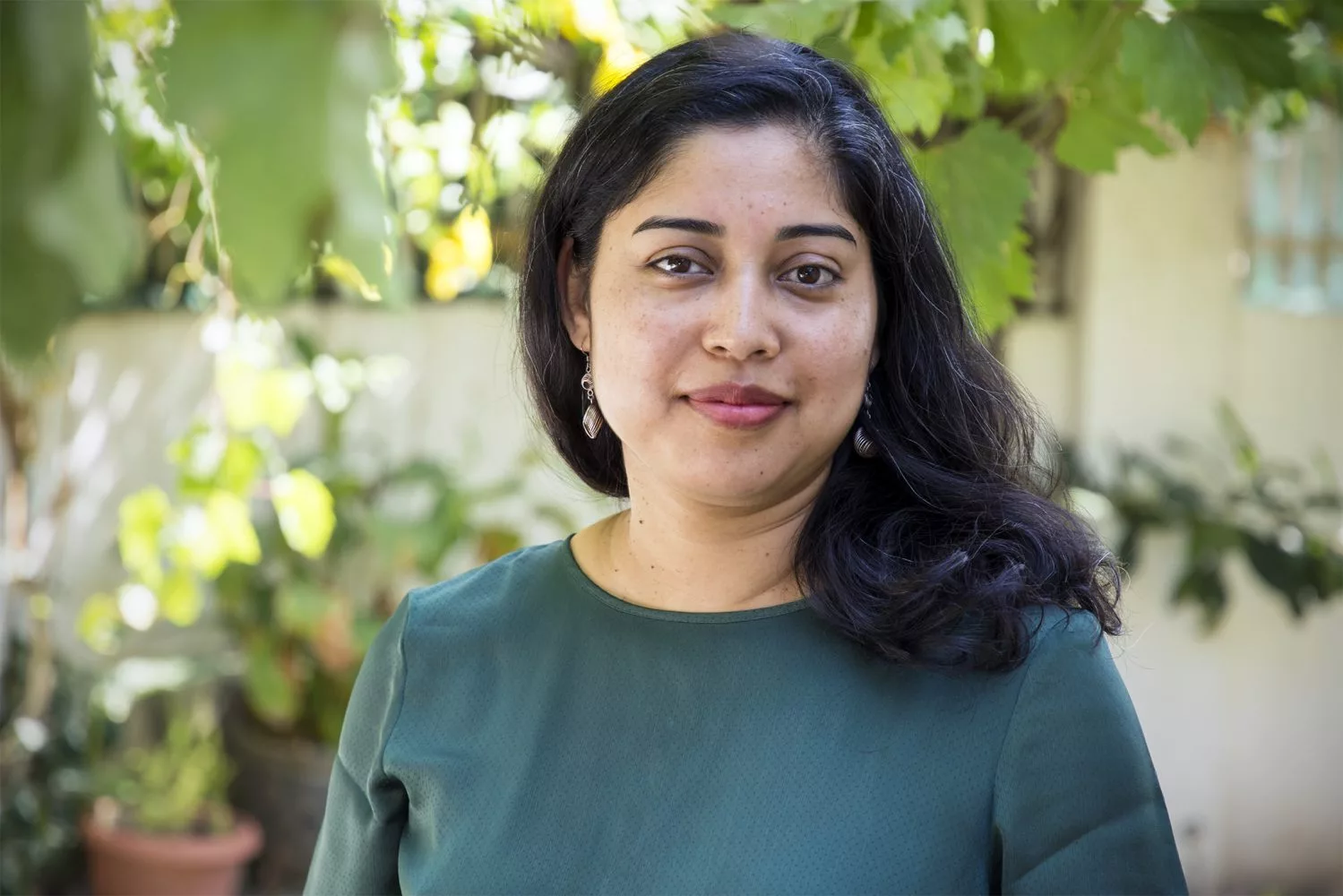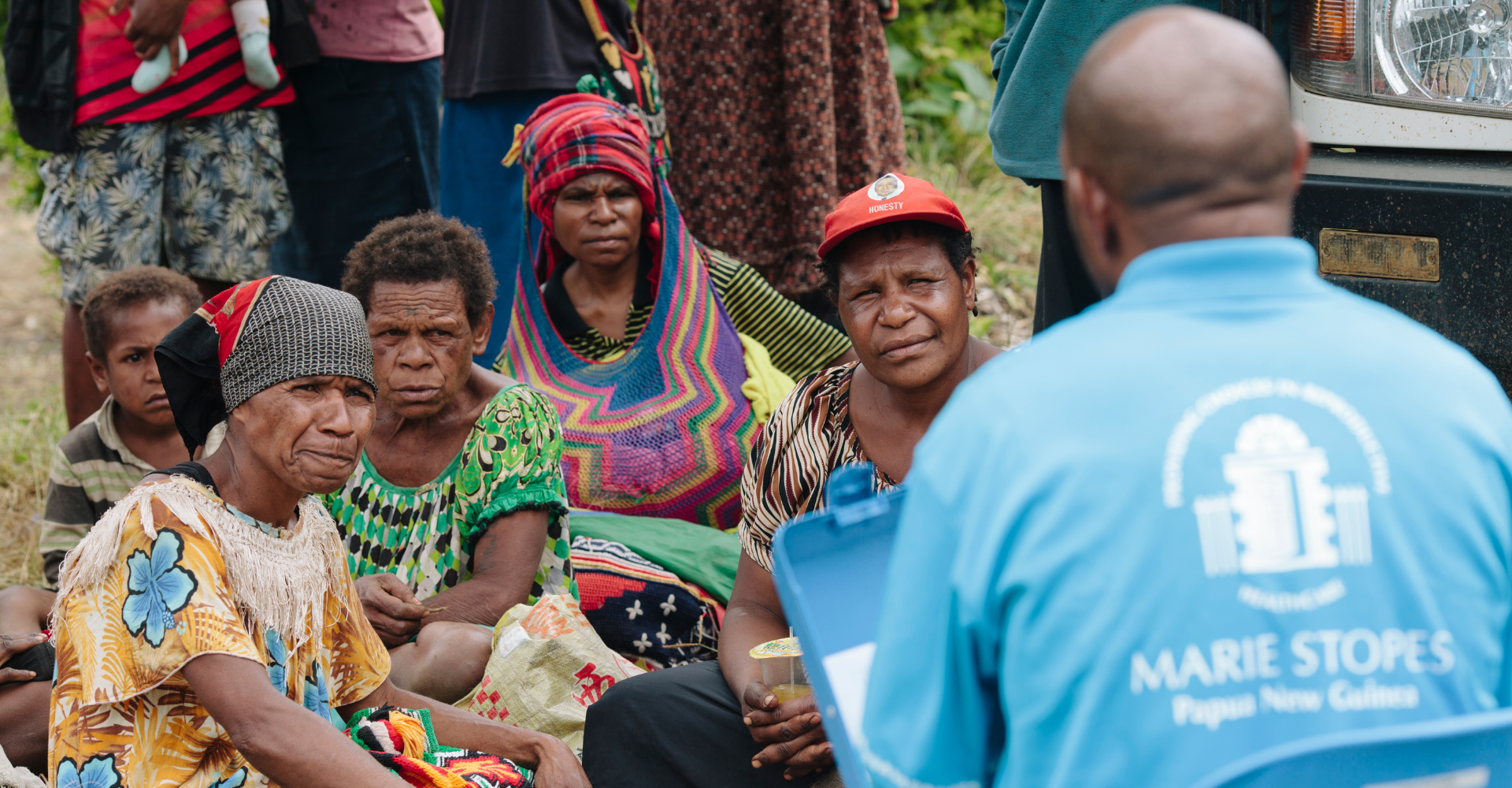Worldwide, 14 million adolescents want to avoid pregnancy but aren’t using a modern method of contraception.
In Zambia, MSI is working to close that gap through innovative programs tailored to teenagers, one of which is training young women to provide judgment-free information about reproductive health. These teen connectors help their peers make informed choices about their futures.
We spent a day with Mareta, a teen connector in Lusaka, Zambia, to see firsthand the impact of her work. From the bustling Diva Center to the mobile Diva Caravan, her day was a testament to the power of peer-led education in transforming lives.
Morning: welcoming young women at the Diva Centre
Mareta begins her day at the Diva Centre, a dedicated adolescent-only health clinic. With brightly painted walls and a welcoming cartoon sign, the centre is designed to be a safe, approachable space for young women seeking reproductive health services.
“Everything I know, I learned from the Diva Centre,” Mareta tells me. “It has empowered me to be a role model, connecting fellow teenagers to quality reproductive health information and services.”
“Everything I know, I learned from the Diva Centre. It has empowered me to be a role model, connecting fellow teenagers to quality reproductive health information and services.”
This morning, after being asked about menstruation, Mareta demonstrates how to make washable menstrual pads. Many girls miss school when menstruating due to lack of proper supplies, and Mareta’s guidance ensures they have practical solutions, helping them stay in school with confidence.
Afternoon: taking choice on the road
After a busy morning at the Diva Centre, Mareta hops on to Diva Caravan – a mobile clinic bringing services to underserved areas. Today’s destination is George Compound, one of Lusaka’s poorest neighbourhoods.
With music and dancing drawing a crowd, young people gather, blending in while accessing services discreetly. Mareta works outside, confidently engaging with the community, answering questions and providing vital information about menstrual hygiene and contraception.
Inside the caravan, a team is ready to provide contraception and counselling. There’s a sign language interpreter, ensuring accessibility for all.
During the afternoon, a young mother steps into the caravan. Having had a child as a teenager, she’s determined to plan her future. With guidance from the nurse, she opts for an IUD, giving her peace of mind and the ability to focus on her education and career aspirations.
Morning: welcoming young women at the diva centre
After packing up for the caravan for the day, the sun is setting as the team eagerly awaits the day’s results. A text message pings with the final numbers – 90 young women were reached today.
Christabel, MSI Zambia’s Technical Advisor for Youth, Disability, and Gender, highlights why this work is critical: “In Zambia, the adolescent pregnancy rate stands at 28%. By making contraception accessible through our Diva Centre and Caravan, we empower young people to make choices that impact their daily lives and futures.”
“In Zambia, the adolescent pregnancy rate stands at 28%. By making contraception accessible through our Diva Centre and Caravan, we empower young people to make choices that impact their daily lives and futures.”
For many young women, these services are life-changing. Whether delaying a first pregnancy or preventing a second one to return to school, MSI’s adolescent programs offer more than just contraception—they provide support and a pathway to opportunity.
For Mareta, it’s all in a day’s work. Tomorrow, she’ll be back, educating her peers and helping them take control of their futures – one conversation at a time.



